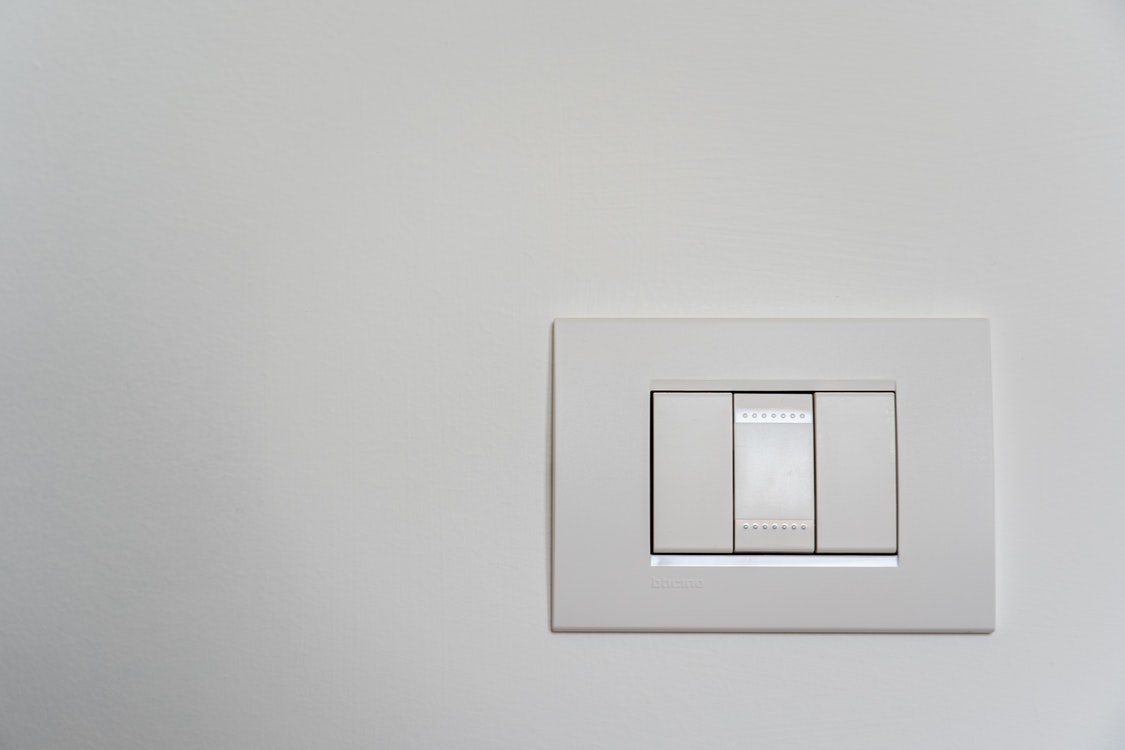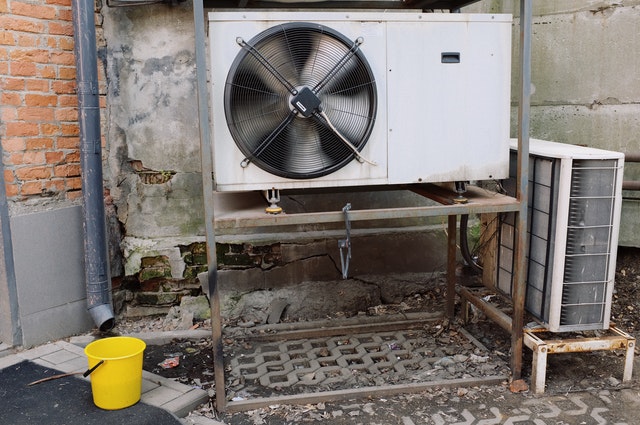Helpful Electrical Safety Tips You Must Follow For Home and Work

We all use many different types of electrical appliances in our daily lives. Even though these appliances are commonly found in today’s homes, they still pose real risks. To avoid unnecessary exposure to the hazards associated with them, it is important to learn how to operate them safely. Following these tips can help you stay safe around electrical outlets. Here are some of the most important electrical safety tips:
Avoiding Electrical Hazards
Avoiding electrical hazards at work requires observing safety standards that protect workers from electrocution and electric shock. OSHA standards have long recognized electricity as a significant workplace hazard. You should always keep a safe distance from any electrical equipment. Ground prongs on electrical tools should not be removed. Also, double-insulated tools should be marked with a grounding prong. And if the tool has exposed metal parts, it should be ground-ground.
Electrical hazards in the workplace are often caused by inadequate maintenance of electrical equipment. When working near electrical equipment, you should check for frayed wires or improperly grounded devices. Test grounding and dissipate any electrical charge before you begin work. If you don’t know how to spot these hazards, check with a qualified electrician to ensure you’re using the proper equipment. Avoiding electrical hazards at work requires you to be familiar with the NFPA 70E standard and understand the nature of your workplace’s electrical safety hazards.
You should have electrical inspections performed at least once per year. Older homes commonly use aluminum wiring that can malfunction and cause a fire. Upgrade the wiring in your home as soon as possible. The more reliable the wiring, the less chance you’ll have an electrical accident. Inspecting electrical hazards at work is important for everyone’s safety. Do not neglect to update electrical equipment when it’s time to make repairs. Inspecting the wiring is an important first step toward protecting your home and your family.
Using a GFCI

GFCI outlets are built into an electrical outlet, constantly monitoring the current in the circuit and detecting changes in real-time. A GFCI outlet will have three holes, one for the hot and neutral wires, and a third for the ground wire. If a change is detected in the electrical flow, the GFCI outlet will shut off the power. This ensures electrical safety in the bathroom. You can avoid electrical shock and fire by installing a GFCI outlet in your bathroom.
GFCIs are important parts of any electrical safety program. GFCI protection can be hard-wired or portable. It is crucial to train employees to check electrical cords and equipment for damage before they are used. Using a GFCI provides a substantial level of electrical safety, but it does not guarantee protection against electrocution. For the best protection, you should always remove damaged equipment and cords from your workplace.
Using a GFCI for electrical safeguarding is highly recommended for all types of commercial facilities. This type of device detects changes in current flow and cuts off power to the affected area within a tenth of a second. The GFCI is also a great tool to use around the home. The GFCI can also prevent deadly electrical accidents. There are many reasons to use a GFCI for electrical safety in your home.
Unplugging Appliances
Unplugging appliances is a good habit to get into if you have a history of electrical fires. These small fires are a result of micro surges in the power supply that stress electronics. These micro surges can also lead to shorts in wires, which can cause a fire. To minimize the risk, always unplug appliances when not in use. Listed below are some of the benefits of unplugging appliances:
When not in use, unplug appliances from the wall before you clean them. Be sure to check the cords for kinks. Always purchase new appliances with a seal from a recognized testing laboratory. Visualize your response in the event of a fire. Know the location of the nearest multi-purpose fire extinguisher, emergency exit, and company escape plan. In case of an emergency, follow the procedures and protocols of emergency firefighters.
If you cannot turn off your refrigerator after you’ve finished using it, unplug it after every use. Some appliances, such as clock radios, cannot be unplugged for a long time. The same goes for programmable coffeemakers. Unplugging them after each use helps them save energy and prevent power surges. Unplugging small kitchen appliances is also a good habit. Unplugging these appliances will prevent the risk of a fire if they have circuit boards that fail. Overheating cords and left on can lead to a fire.
Avoiding Working Near Live Wires
If you are planning to work around electrical equipment or around live wires, be sure to ask the person in charge of the operation to turn off the power and to wear protective clothing. You should only approach live or dangerous electrical equipment if you are qualified to do so. If you see a live electrical wire and you cannot access it properly, notify the electrical safety staff immediately. If you can’t reach the wire, you should immediately place a physical safety barrier around it. Every company has its own electrical safety work practices and procedures. It’s best to adhere to these standards as well as to follow them to ensure your employees’ safety.
Despite the fact that safety equipment is becoming more sophisticated, there are still dangers to working with electricity. While no device offers 100% protection from electrocution, electric shock can cause serious burns and involuntary physical movements. Arc flashes can also cause lung injury and ruptured eardrums. Arc flashes can lead to severe burns and even blindness. The Union investigation found that there have been numerous instances of “near miss” incidents.
Avoiding Overloaded Sockets
Overloaded sockets can cause electrical shocks and fires. The National Fire Protection Association reports that nearly half of all home structure fires result from electrical failure. Electrical failures were responsible for 418 deaths and more than a billion dollars in damage. Avoid overloading sockets and plugging in too many items at one time. To avoid this dangerous problem, you should always check the electrical safety rating of the sockets.
When in doubt, consult a qualified electrician. Do not use block adaptors. They don’t contain a fuse, making them more prone to overloading and fire. If in doubt, hire a registered electrician to install an additional double socket. But be careful not to overload sockets with more than one plug. If you have to, you should use extension cords with multi-way bars to reduce the strain on the wall socket.
If you rent an apartment, don’t overload electrical sockets. These outlets can be extremely dangerous. Electrical safety experts recommend that landlords get an electrical safety certificate for the property. Overloaded sockets are the cause of thousands of house fires every year. It is vital to keep electrical cords away from water. A block adaptor can cause electrical shocks, so make sure your extension cords are of adequate capacity.
Avoiding working near power lines is critical for your safety. If you are working on a construction site, for example, it’s vital to be aware of how electrical power lines are connected and what the best distance for your employees is. Generally, the safe working distance is 10 feet, but it can be more or less depending on the type of voltage and wind conditions. Regardless of the distance, keep in mind that electricity can arc through the air.
If you’re on a ladder, for example, you can’t keep the MSAD up. If it’s impossible to maintain, stop working until the utility firm can de-energize the power lines and insulate their cables. You can, however, work near power lines while on an aerial lift. Just remember that the longer the line, the greater the distance between you and it. The best way to avoid working near power lines is to wear insulated work clothing and gear.
Before starting any project, take the necessary precautions. The first step is to identify if power lines are in the area. You should also inquire if any protective measures have been taken to avoid contact with power lines. Ask about the site’s construction permit and safety procedures. Also, check if there are new workers. Make sure you are familiar with overhead power lines to ensure that your safety isn’t jeopardized.






